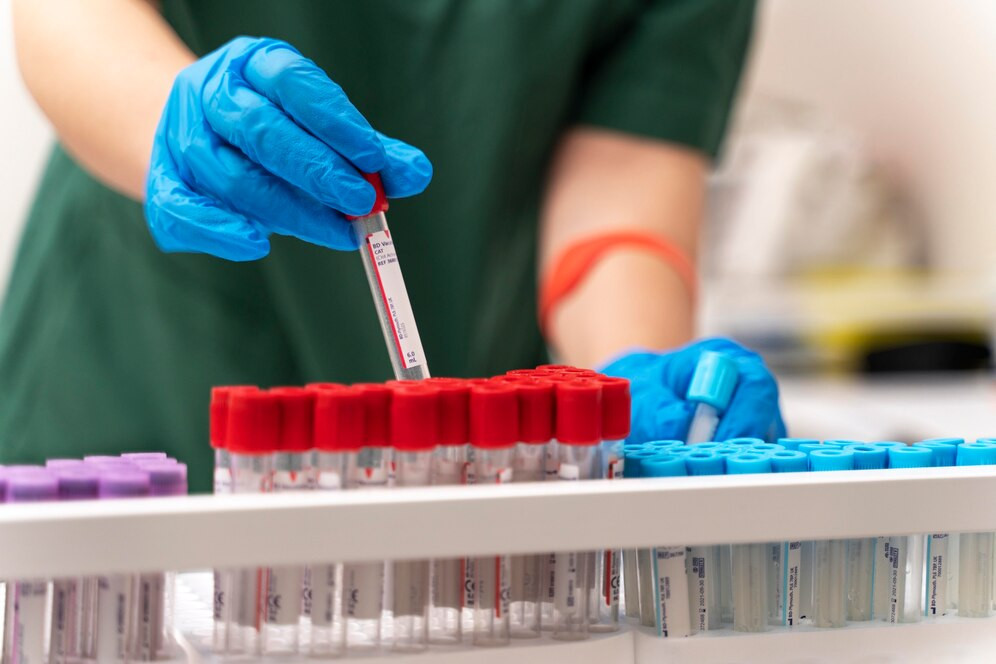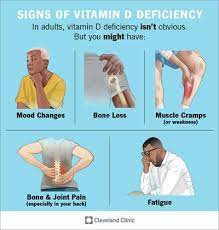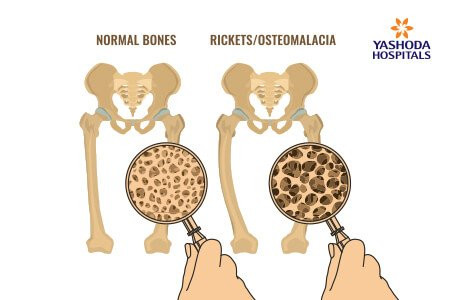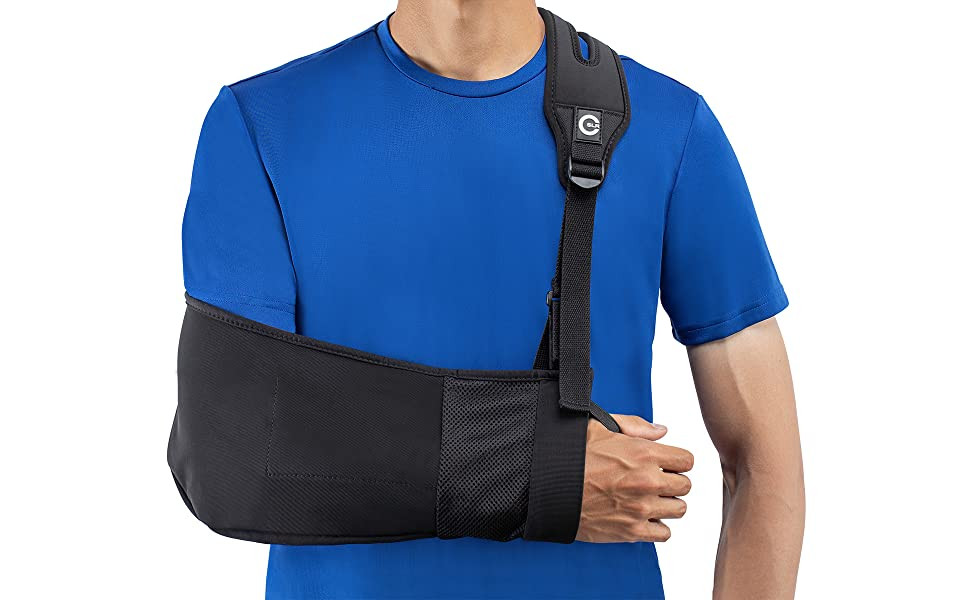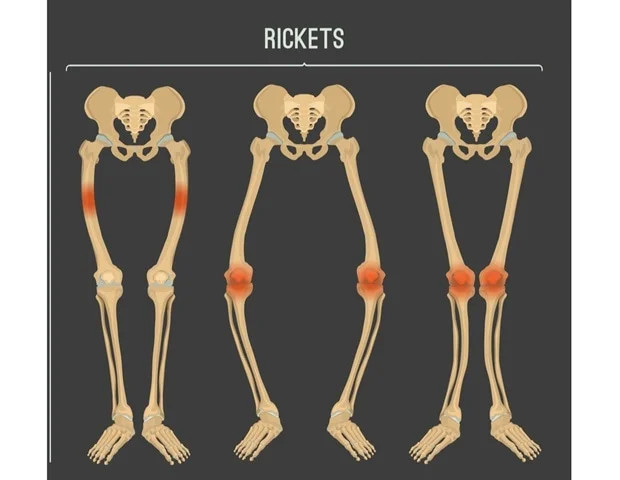Definition
25-OH or 25-hydroxy vitamin D test is a test to measure the level of vitamin D. Vitamin D (calciferol) is a fat-soluble vitamin that plays an important role in bone and tooth health. In addition, vitamin D also helps muscles, nerve cells, and the immune system work properly.
Vitamin D is commonly referred to as the “sunshine vitamin” because it is naturally produced by the body after exposure to the sun. Vitamin D can also be found in foods such as fish, eggs, and fortified dairy products.
Vitamin D has many functions, including:
- Bone growth and repair
- Regulates muscle contraction
- Converting blood sugar into energy
Vitamin D has to go through a process before it can be used by the body. In the liver, the body converts vitamin D into 25-OH vitamin D or 25-hydroxy vitamin D. This vitamin is also called calcidiol.
The 25-OH vitamin D test is an appropriate test to monitor vitamin D levels. The amount of 25-OH vitamin D is an indication of vitamin D levels in the body. This test can help doctors to determine whether the vitamin D level in the body is too high or too low.
Vitamin D deficiency can cause several conditions, such as:
- Growth disorders in children
- Rickets disease
- Osteomalacia or soft bones
- Osteoporosis
Indications
Your doctor may recommend a vitamin D 25-OH test if you are having bone or calcium absorption problems, symptoms of which include:
- Muscle weakness
- Changes in bone shape
- Bones break easily even without an obvious injury
- Tingling around the mouth, may be followed by numbness in the arms and legs
- Cramps or stiffness in the hands or feet
Vitamin D deficiency usually doesn't cause symptoms. Therefore, your doctor will ask you to do this test if you are at risk of vitamin D deficiency. Here are some conditions that put you at risk of vitamin D deficiency, such as:
- Pregnant women
- No exposure to sunlight
- Elderly
- Overweight (obesity)
- Babies who only get breast milk
- Had bariatric surgery
- Have a disease that affects the gut and makes it difficult for the body to absorb nutrients, such as Crohn's disease
- Have kidney or liver disease
Your doctor will also perform this test if you have been diagnosed with vitamin D deficiency, to monitor the progress of your treatment or therapy.
Contraindication
There are no contraindications or conditions that prevent a person from having a 25-OH vitamin D test.
Preparations Prior to Test
The 25-OH vitamin D test is not required any special preparation other than fasting. You will be asked to fast for 4-8 hours prior to the test.
You are advised to consult your doctor prior to the test, as there are certain conditions or medications that may interfere with laboratory results. These things can affect the results of the examination so that it doesn't reflect your condition.
Test Procedures
The 25-OH vitamin D test generally uses a blood serum sample of 0.25 - 0.5 ml. This blood serum sample is taken from a vein and will be collected into a special tube. Laboratory staff will wear special gloves and PPE (Personal Protective Equipment) when taking the test sample.
Before taking the blood, the staff will put on an elastic band and clean the needle stick area with antiseptic swabs. Usually the officer takes blood in the elbow crease area. After the blood is drawn and put into a special tube, the officer will remove the elastic band, apply pressure and clean the needle stick area with antiseptic swabs. This procedure only takes a few minutes. The blood sample that has been obtained will be examined using special equipment in the laboratory, and the results can be known within a few hours.
Normal And Abnormal Values
The normal value range of 25-OH vitamin D is generally not differentiated by age and gender. In general, the following are the ranges of normal and abnormal values in vitamin D 25-OH test results.
|
Value (nmol/L) |
Interpretation |
|
<30 |
Low (Vitamin D deficiency) |
|
30-50 |
Potential deficiency |
|
50-125 |
Normal |
|
>125 |
High |
However, each laboratory has a slightly different range of values from one laboratory to another because it depends on the tools or machines it uses.
Results and Suggestions (Follow-up Tests)
Low
If your 25-OH vitamin D test results show low values, you should consult your doctor. The doctor may suggest changes to your diet and lifestyle, or even initiate drug therapy to help your vitamin D levels return to the normal range. Some of the examples of sources of vitamin D can be found in foods such as fish, eggs, milk and dairy products.
Low levels of 25-OH vitamin D may result from:
- Not eating a well-balanced diet or a restrictive diet
- Gut problems that prevent nutrients or vitamins to absorb properly
- Lack of sun exposure
Some studies have linked vitamin D deficiency to an increased risk of cardiovascular disease, certain types of cancer, and diseases associated with poor immunity.
Normal
If your vitamin D 25-OH test results show normal values, it is likely that you have a good healthy lifestyle. You are advised to maintain your current healthy lifestyle so as to prevent some diseases indicated by high or low levels of 25-OH vitamin D.
High
If the results of 25-OH vitamin D test show high values, you should consult your doctor. It's likely that your doctor will suggest dietary and lifestyle changes to become healthier, or even start drug therapy to help reduce your vitamin D levels.
High blood levels of vitamin D are generally caused by taking too many vitamins and other nutritional supplements. However, this condition is very uncommon. If high vitamin D levels are due to excess vitamin D supplements, your doctor will advise you to stop taking them.
High doses of vitamin D can lead to a condition called hypervitaminosis D. Hypervitaminosis D is a condition of toxicity due to excess vitamin D. It's a serious condition that can affect the body's organs and blood vessels.
If you want to take vitamin D supplements, you should consult a doctor first, the doctor will give the right dose according to your current condition.
Consult To The Right Doctor
The results of 25-OH vitamin D test in adults can be consulted with a general practitioner, for further examination or to start therapy for an appropriate diagnosis. You can also consult your internist to discuss the issue of your 23-OH vitamin D level further. In pediatric patients, test results other than normal should be consulted with a pediatrician.
- dr Nadia Opmalina
Vitamin D Test. (2022). Retrieved 26 June 2023, from https://medlineplus.gov/lab-tests/vitamin-d-test/
Vitamin D. (2023). Retrieved 26 June 2023, from https://www.ncbi.nlm.nih.gov/books/NBK441912/
25-Hydroxy Vitamin D Test. (2023). Retrieved 26 June 2023, from https://www.healthline.com/health/25-hydroxy-vitamin-d-test
Vitamin D Benefits. (2023). Retrieved 26 June 2023, from https://www.healthline.com/health/food-nutrition/benefits-vitamin-d
The Health Benefits of Vitamin D3. (2023). Retrieved 26 June 2023, from https://www.verywellhealth.com/vitamin-d3-5082500
25-Hydroxy Vitamin D Test. (2023). Retrieved 26 June 2023, from https://www.mountsinai.org/health-library/tests/25-hydroxy-vitamin-d-test


